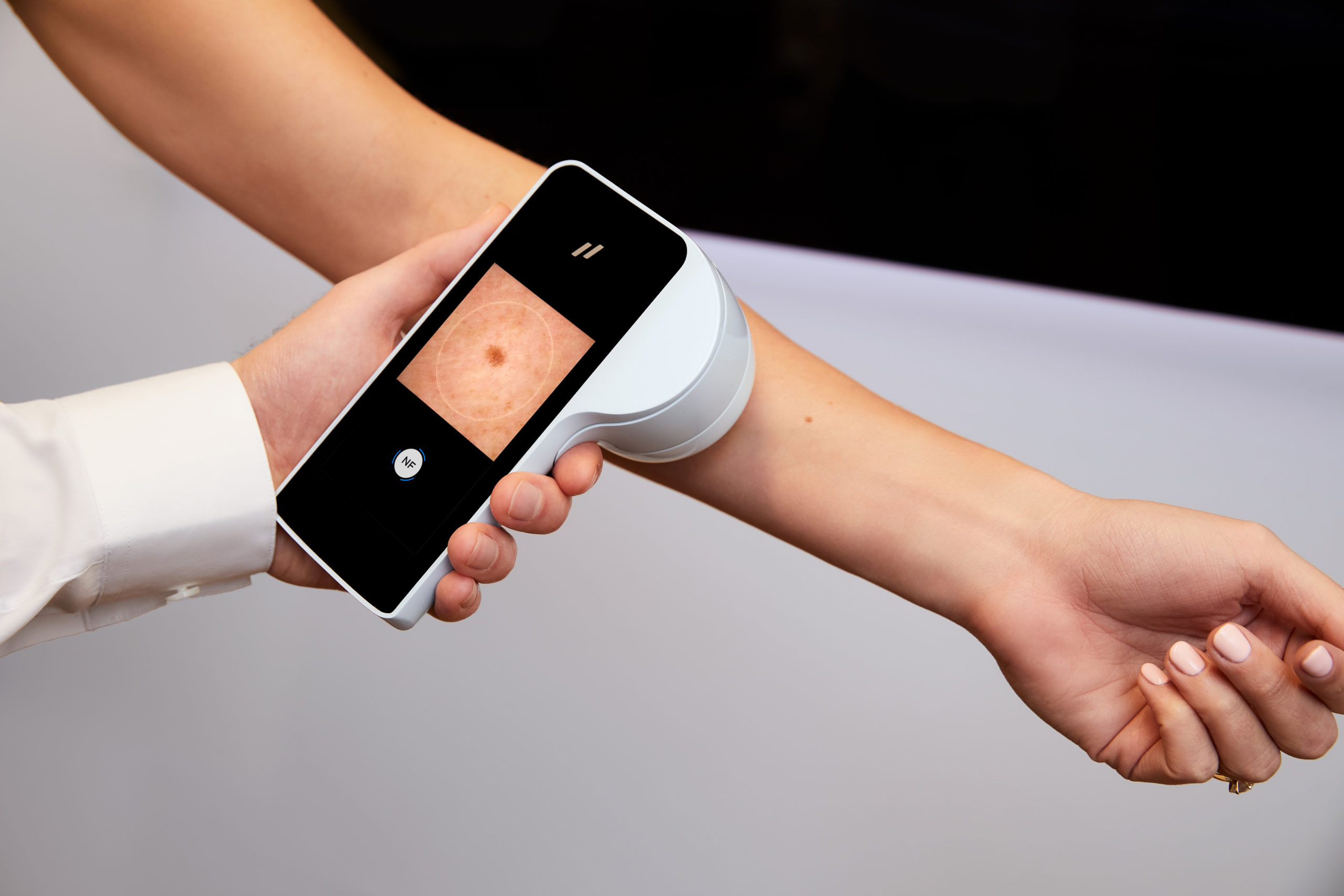With spring in full bloom in most places and summer tantalizingly close, it makes sense that Skin Cancer Awareness Month is recognized each May. It’s the month when people start thinking not only about outdoor activities — but actually getting outside and doing them. That’s never been more true than in 2021, when recently loosened CDC guidance about mask use (for fully vaccinated people) has many longing for a return to some semblance of pre-pandemic life.
But before you rush outside, it’s worth considering that the sun’s life-giving rays also happen to be responsible for the most common form of cancer in the US: skin cancer.
The majority of skin cancer diagnoses are basal cell carcinoma – in fact, it’s the most often found cancer of any kind, at around four million new US cases a year – which can be straightforward to treat when spotted early and doesn’t usually spread to other parts of the body. Left untreated, however, basal cell carcinoma as well as other kinds of skin cancer, like malignant melanoma, can be very serious and in some cases, deadly.
That doesn’t mean you have to swear off the sun, just that you need to take a common sense approach to your exposure to it. In honor of Skin Cancer Awareness Month, here are some tips to keep yourself and your loved ones as safe as possible from skin cancer.
Limit your time in the sun and prevent sunburn
Doctors agree that continuous exposure to the sun’s UV rays is the most common cause of skin cancer. But overexposure to the point of sunburn is even worse – not only is it harmful (and painful) in the moment, but studies have found a correlation between sunburn and an increased risk of melanoma that is hard to ignore.
The smartest advice here is as simple:
- Wear clothing that covers as much of your body as possible, and a hat whenever you can
- For skin that will be exposed (because shorts and tank tops are things), apply sunscreen that is at least SPF 30
- Avoid being outside when the sun’s rays are most intense, typically 10 a.m. to 4 p.m.; helpfully, most forecasts now include the UV Index to help determine the days and times most worthy of caution
Early detection is key, so get your skin exam annually
Unlike other forms of cancer that require special tests to detect, skin cancers often have telltale signs on the skin in their first stages. Even melanoma can be found and treated if caught early on, and the best way to do that is to schedule annual checkups with your dermatologist. And examining your own skin for moles, rashes or other abnormalities can also be a big help in letting your doctor know exactly where to look for potential issues.
How Forward can help
We’re invested in helping our Members reduce their risk of skin cancer, which is why it’s a big part of our Cancer Prevention Program. Our Annual Skin Cancer Screen is designed to locate at-risk moles before they can turn into a problem, and is just one of the top five cancers our testing, screening and lifestyle plans are designed to prevent or catch. Not only is it included in our membership but you can complete the screening at one of our locations without having to book a separate appointment with a dermatologist.
Remember – skin cancer doesn’t discriminate
While it’s true that people with fairer skin are at higher risk for sun damage and potential skin cancers, it’s been found over and over again that skin cancer can strike people of any skin tone and any ethnicity. That makes all the advice above one-size-fits-all, and for all ages as well, because young people are just as susceptible to the damaging effects of the sun.
Whether you’re at an elevated risk for skin cancer, breast cancer, or colon cancer, Forward’s primary care services and programs are open to all members, including blood and genetic testing to assess your risk of cancer and other diseases. Our cancer prevention clinic helps you develop new habits that will lower your risk and help you stay healthy moving forward.


